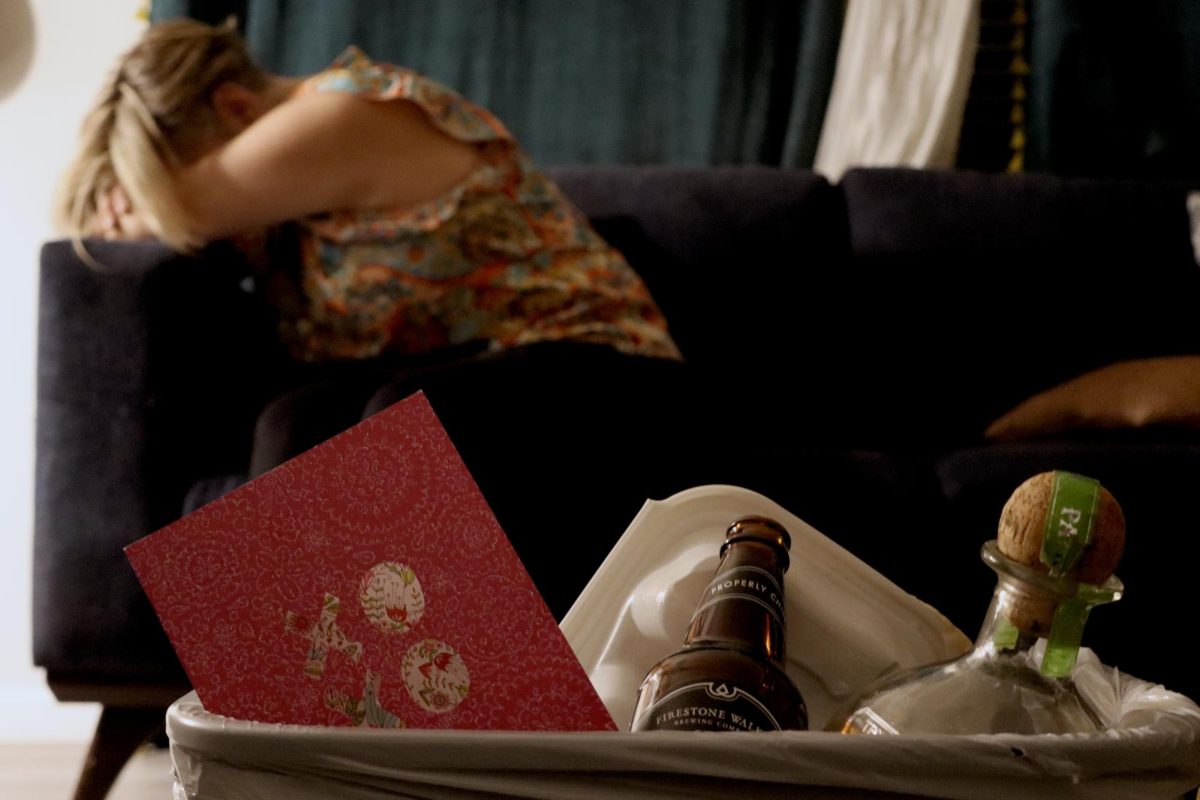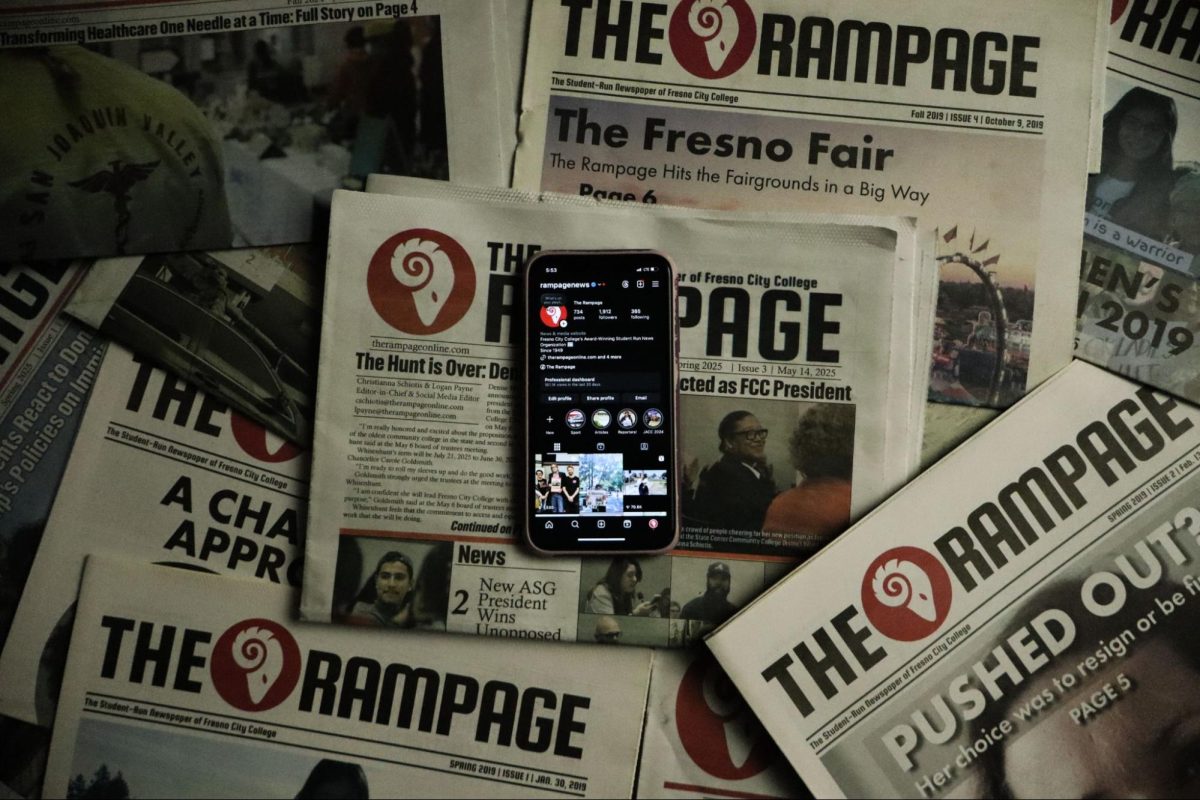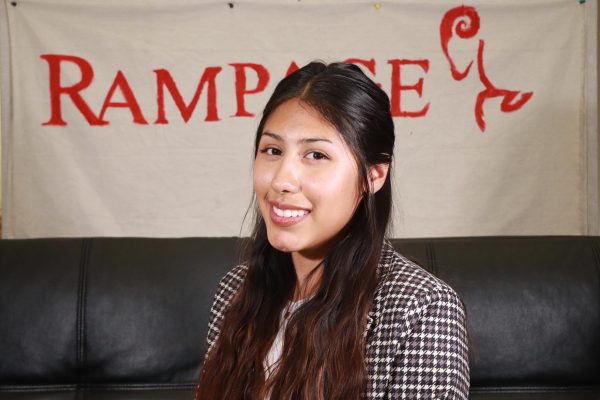When I had cut communication with previous friends because I was so confined to my partner, it should have been a red flag.
But it wasn’t.
I swore those red flags seemed tainted with bright green. In reality, I just hated to admit that it was me going through a toxic relationship.
I could no longer be outside because of the embarrassment that came over me knowing what type of relationship I was in.
It can happen to anyone.
I never thought it could happen to me. I created a deep and comfortable pit which led me to accept his poor behavior.
He discouraged me from having activities and got jealous when I went out. He would spam me with messages and call me names, making me feel like I was the problem.
“He will change,” is what I told myself after every frequent argument we’d have.
Of course he didn’t change. We had a few calm days, but then we’d quickly slip back into arguments and yelling.
I wanted to do everything for my partner and never shared my opinions. My focus was on keeping him calm and happy, which meant I had no life outside of him.
This constant negativity made me doubt myself and think I was at fault. He avoided talking about important topics like boundaries and never wanted deep conversations.
I won’t say he was the only one with issues because I had tried to stay in the relationship. I eventually adapted to the way he was and became like him.
I got irritated quickly and asked too many questions, which made things tense. I wanted him to act a certain way, and this only made the relationship harder.
Eventually, I looked at my own behavior and realized I needed to change. I worked on stepping back from being extra and toxic, trying to improve how I acted and how we interacted.
Even with my efforts to change, he kept behaving the same way. His refusal to change made it tough for us to fix our issues and move forward.
In the end, both of our bad habits hurt the relationship. I recognized my mistakes, but without both of us working to improve, we couldn’t overcome the problems.
I eventually did seek therapy and in doing so, I became a better person.
To what extent would someone you date be considered problematic anyway?
It can be as extreme as being emotionally or physically abused.
Core values and morals play a significant role in any relationship and should be communicated in the earlier stages.
Staying in a relationship with a problematic partner is a trap; personal growth becomes something that is unachievable.
The fact is that your opinion towards friends and family may shift due to your partner’s presence in your day-to-day life.
You also can’t change your partner’s personality. If they want to change, encourage them to seek help. It’s often said that you should be with your significant other because you love who they are.
There are differences with each relationship but it is ultimately your decision on whether to put up with that aspect of them.
Fresno City College student Rayliyah Harp was in a problematic relationship. It was “mentally taxing” for her.
“You do not need to deal with any type of person that drains you everyday. It’s not for the weak,” Harp said.
If the relationship is problematic, prioritizing your mental well-being is key. It helps you maintain the clarity and strength needed to address issues about the relationship’s future.
Harp received clarity after she left her toxic relationship.
“When you leave a toxic person you will definitely see the changes in yourself like why did I even deal with that person?” Harp said.
If you or anyone you know is experiencing domestic violence, call 800-799-7233 for professional help, or talk to a loved one.









